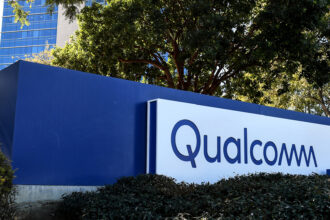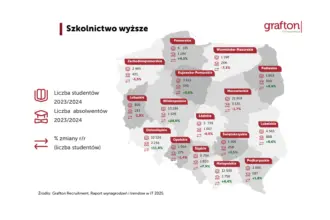A new report from the Financial Times sheds light on the illegal market for artificial intelligence chips that has sprung up despite US export restrictions. According to sources, more than one billion dollars’ worth of advanced Nvidia processors were smuggled into China in three months alone. This is not only a problem for the US, which is trying to limit the development of Chinese AI, but also a challenge for Nvidia itself – a company that is becoming an informal hostage to geopolitical tension.
B200 processors – one of the most advanced GPUs designed for data centres and generative artificial intelligence models – have been targeted. Although their sale to China has been formally banned by the US Department of Commerce, the chips are widely available on the local black market, through unauthorised intermediaries in provinces such as Guangdong and Zhejiang.
Nvidia officially disassociates itself from these deals, stressing that smuggled chips are not supported and that building AI infrastructure on top of them is inefficient. In practice, however, the US company still profits – albeit indirectly – from the huge Chinese demand for AI hardware, even if it is not from legitimate distribution channels.
The situation is further complicated by the fact that some of the illicit shipments are via Southeast Asian countries such as Thailand, making export surveillance difficult. Washington is considering tightening controls against these countries as well, as early as September.
Meanwhile, Nvidia is preparing to resume limited sales to China after revoking bans on H20-class chips, demonstrating how ambiguous current trade policy is. For many semiconductor companies, the tension between the US and China is creating a grey zone where regulation has not kept pace with market realities.




